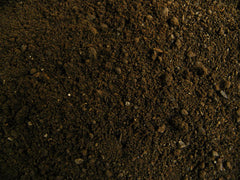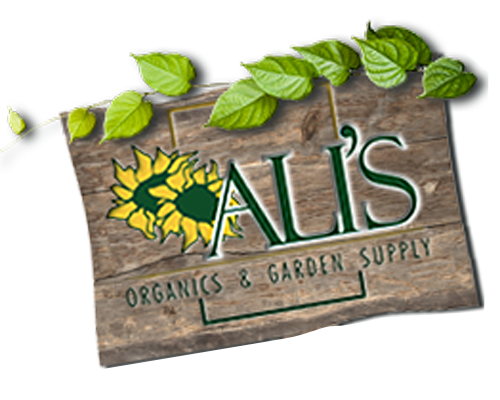Using Worm Castings in The Garden and Its Benefits
Posted February 23, 2015

 Weather you buy worm castings, raise worms yourself or buy worms for grow beds you will reap largely from the benefits of these wiggly creatures!
Weather you buy worm castings, raise worms yourself or buy worms for grow beds you will reap largely from the benefits of these wiggly creatures!
Worm castings are the richest natural fertilizer known to us. Yes, that's right! As little as a tablespoon of pure worm casting provide enough organic plant nutrients to a 6 inch potted plant for more than two months. Worm castings stimulate plant growth more than any other natural product on the market. Unlike animal manure and artificial fertilizers, it is absorbed easily and immediately by plants. Worm Castings don't only stimulate plant growth they also enhance the ability of your soil to retain water, inhibit root diseases such as root rot and worm castings encourage microbial life in the soil.
What are Worm Castings? In simple terms, Worm Poop. Worm castings contain a highly active biological mixture of bacteria enzymes, remnants of plant matter and/or animal manure, as well as earthworm cocoons. The castings are rich in water-soluble plant nutrients and contain more than 50% humus than what is normally found in topsoil. What a crop booster!
Castings are packed with minerals that are essential for plant growth, such as concentrated nitrates, phosphorus, magnesium, potassium and calcium. It also contains manganese, copper, boron, iron, carbon and nitrogen. The best part is that all these minerals are immediately available to the plant with out any risk of burning the plant.
The bacteria in the alimentary canal of the worm transforms organic waste to natural fertilizer. The chemical changes that the organic wastes undergo, include deodorizing and neutralizing for a perfect pH of 7. Castings are odorless, as well. Castings also contain bacteria so the process is continued in the soil where microbiological activity is promoted.
Worm castings act as a barrier to help plants grow in the soil where the pH levels are too high or too low. They prevent extreme pH levels from making it impossible for plants to absorb nutrients from the soil. Another great reason to add to your soil when planting new transplants.
The humic acid in Worm Castings stimulate plant growth, even in very low concentrations. The humic acid is in an ionically distributed state in which it can easily be absorbed by the plant over and above any normal mineral nutrients. Humic acid also stimulates the development of micro flora populations in the soil.
The humus in the worm castings extracts toxins and harmful fungi and bacteria from the soil Worm Castings have the ability to fight off plant diseases because of this. You can see the advantages of putting a teaspoon or two in each hole when placing new transplants in the garden soil.
Worm Castings increase the ability of soil to retain water. The worm castings form aggregates, which are mineral clusters that combine in such a way that they can withstand water erosion and compaction and also increase water retention.
Worm Castings have the ability to fix heavy metals in organic waste. This prevents plants from absorbing more of these chemical compounds than they need. These compounds can then be released later when the plant need them.
Worm Castings reduce the acid-forming carbon in the soil and increase the nitrogen levels in a state that the plant can easily use. Organic plant wastes usually have a carbon-nitrogen ration of more than 20 to 1. Because of this ratio, the nitrogen is unavailable to plants, and the soil around the organic waste becomes acidic.
So, whatever you choose, let the great benefits of Worm Castings help your garden grow happy this year!
Here are some links:
Worm Farms, Worm Castings, Red Wiggler Worms



Comments (1 Comment)
Should worm castings be aged a bit before use? And if so what is a good aging cycle/period?
Example: 12 months.
Posted by Don Seferovich on August 30, 2019
Post Comment